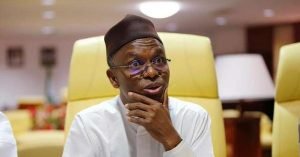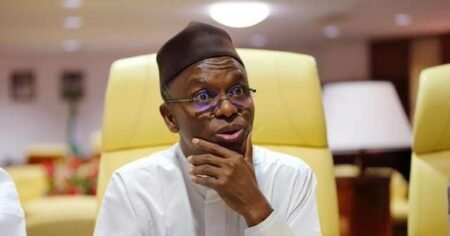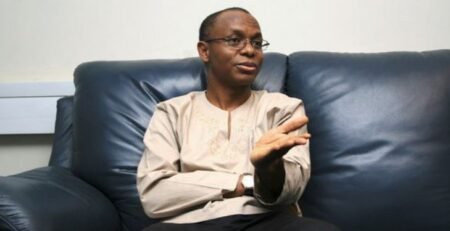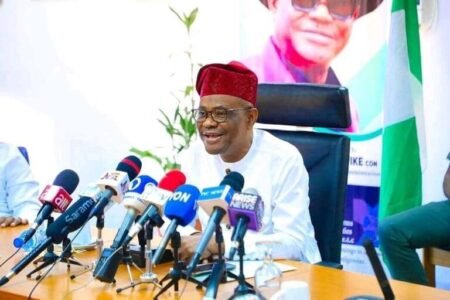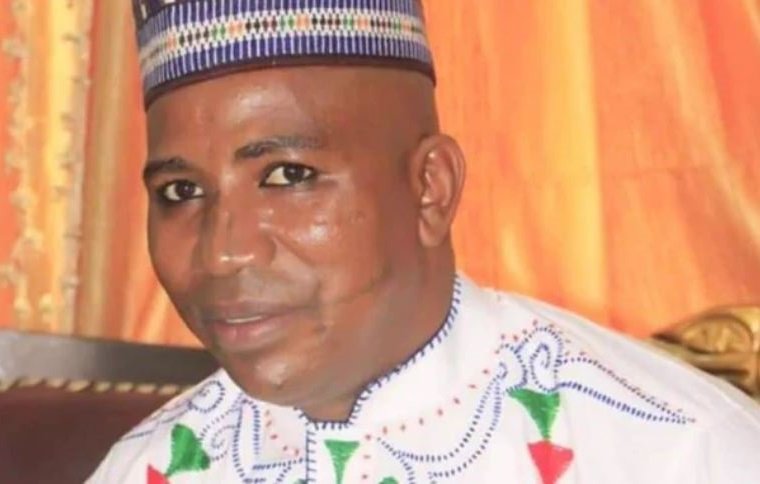Former Vice President and opposition leader Atiku Abubakar has expressed strong criticism of the 2025 federal budget, describing it as a continuation of “business-as-usual fiscal practices” that fail to address Nigeria’s deep-rooted economic challenges.
In a post on X, Atiku highlighted the budget’s N48 trillion expenditure plan against a revenue projection of N35 trillion, leaving a deficit exceeding N13 trillion—representing 4% of the nation’s GDP.
He lamented that this trend of deficit budgeting, compounded by heavy reliance on external borrowing, has persisted under the APC-led administration since 2016.
To address the fiscal gap, the government plans to secure over N13 trillion in new borrowings, with N9 trillion in direct loans and N4 trillion in project-specific financing. According to Atiku, this borrowing strategy is unsustainable and mirrors the approach of previous administrations, further escalating public debt and exposing the economy to significant risks.
“The 2025 budget’s capacity to foster sustainable economic growth and tackle Nigeria’s deep-rooted challenges is questionable,” Atiku stated. He identified several issues undermining the budget’s effectiveness.
Atiku criticized the poor execution of the 2024 budget, noting that by the third quarter, less than 35% of capital expenditure had been disbursed despite claims of 85% budget execution.
The former Vice President also expressed concern over the disproportionate allocation for debt servicing, which at N15.8 trillion accounts for 33% of the total budget—nearly matching capital expenditure at N16 trillion. Atiku warned this imbalance could “crowd out essential investments,” undermining fiscal stability and development.
He described the N14 trillion allocated to recurrent expenditure as funding an “oversized bureaucracy and inefficient public enterprises.” This, he argued, leaves little room for development and highlights the need for structural reforms to curb wastage and improve the efficiency of public spending.
Atiku further pointed out that the remaining allocation for capital investment translates to an average of just N80,000 per capita, which he deemed insufficient to address Nigeria’s infrastructure deficit and stimulate economic growth.
Atiku also criticized the government’s decision to raise VAT from 7.5% to 10%, calling it a “retrogressive measure” that could worsen the cost-of-living crisis and stifle domestic consumption. He argued that imposing additional tax burdens on struggling citizens without addressing inefficiencies in governance risks deepening economic hardship.
“The administration must prioritize the reduction of inefficiencies in government operations, tackle contract inflation, and focus on long-term fiscal sustainability,” Atiku stated.
He urged the government to adopt a disciplined and growth-oriented fiscal policy to spur economic recovery and stability.
